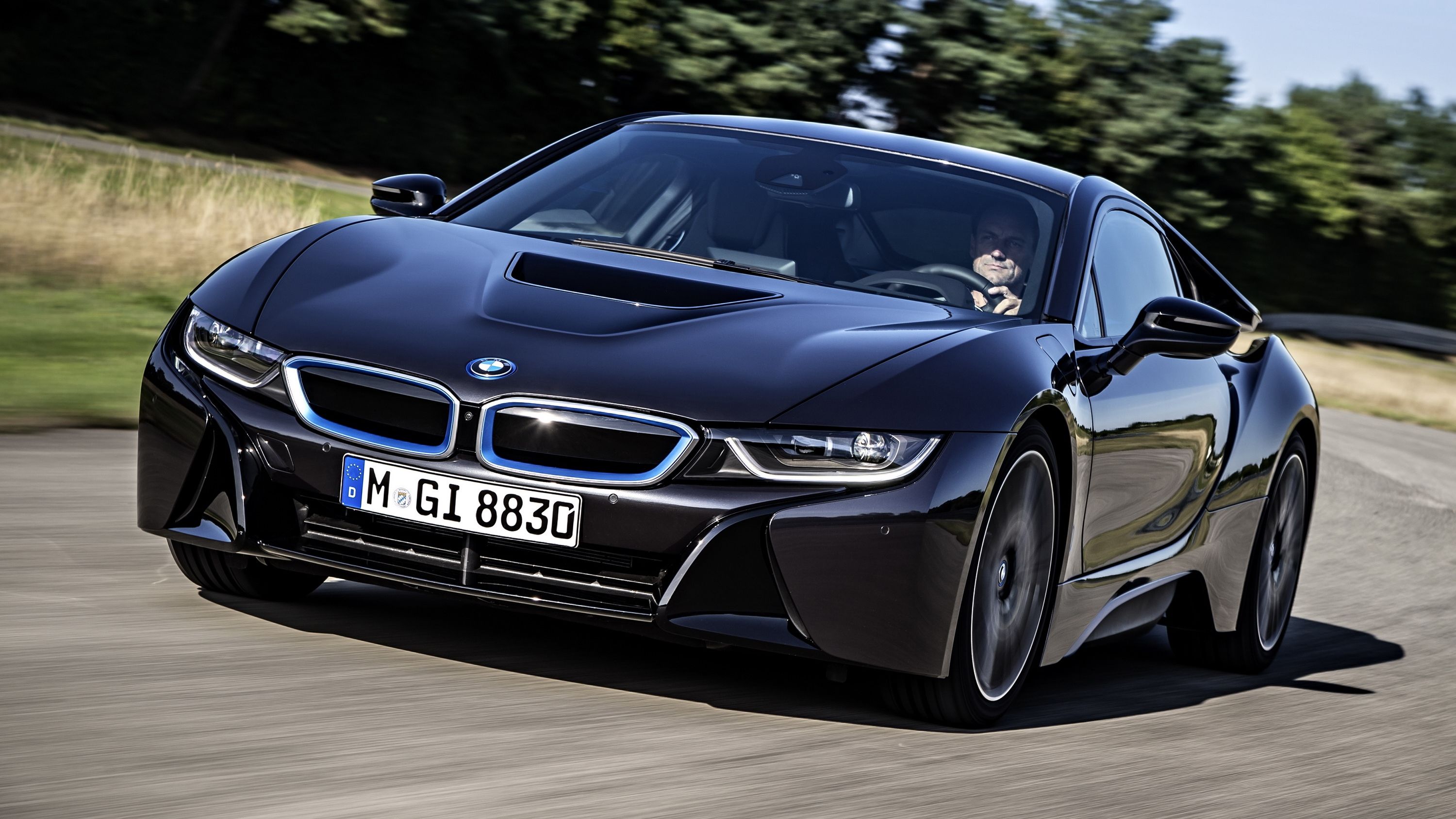In a bid to clean up average emissions numbers, BMW->ke178 is looking to transform its lineup with a sweeping conversion to electric->ke1030 power over the course of the next 10 years. Spearheading this change will be the 3 Series,->ke290 one of the German marque's leading volume sellers. However, despite offering sporty hybrid models like the i8, Bimmer says it’s not quite ready to flip the switch on its performance-oriented M cars.
That’s the word coming from Aussie website CarAdvice, which spoke to Carsten Pries, head of product management at BMW’s M division. In an interview at the international launch for the X6 M crossover, Pries commented on the commercial viability of electric vehicles, stating: “this is the most difficult questions to answer, of when it will be more than just a trend to standout from the crowd, something that is really relevant for the majority of the people in the market. That, from our expectation, is still a few years down the road.”
Pries went on to say that while it’s unlikely you’ll find an M badge on the i8 or i3,->ke4694 an electric M model was still possible at some point in the future: “Would we like to do something else stand alone? You can wake up every one of the 550 employees and they will tell you ‘yes’… Whether it’s commercially viable or sensible, that’s a different question.”
Click past the jump to read more about BMW's electric plans.
Why it matters
With electric vehicles flooding the market and EV technology advancing at a rapid pace, it’s interesting to see some hesitation from BMW’s performance division. The rest of the brand appears to be embracing electrification with gusto, with new hybrid plug-in models and a firm commitment to offer green options going forward into 2022.
This uncertainty over incorporating electrification into an M car speaks to the current state of the technology. Clearly, BMW’s tuning arm isn’t quite convinced that the benefits of EV tech, like instant power and refined torque vectoring, yet outweigh the drawbacks, like increased weight and complexity.
We’ll have to watch the development of the rest of the BMW lineup for indication of when the tipping point might happen.
BMW i8
Taking a fourth-place finish in our list of Top Performance Cars for 2014, the i8 carries the spirit of the M1->ke4680 into the new millennium, with cutting-edge technology and unrivaled innovation. Materials include extensive use of aluminum and carbon-fiber-reinforced plastics, making the i8 both lightweight and rigid. The design is reminiscent of an aircraft and the handling dynamics are excellent.
However, the most impressive feature is the drivetrain, which consists of a 1.5-liter, three-cylinder gas engine creating 231 horsepower and 236 pound-feet of torque at the rear wheels, and an electric motor driving the front wheels with an additional 131 horsepower and 184 pound-feet of torque. That gives the i8 a combined AWD output of 362 horsepower and 420 pound-feet of torque, rendering a 0-to-60 time in the low-fours and a 155 mph top speed, not to mention a fuel economy rating of 95 mpg/e and an emissions-free EV driving range of 22 miles.
At $135,925, it’s not an inexpensive car, but one must expect to pay premium prices for the latest and greatest.

